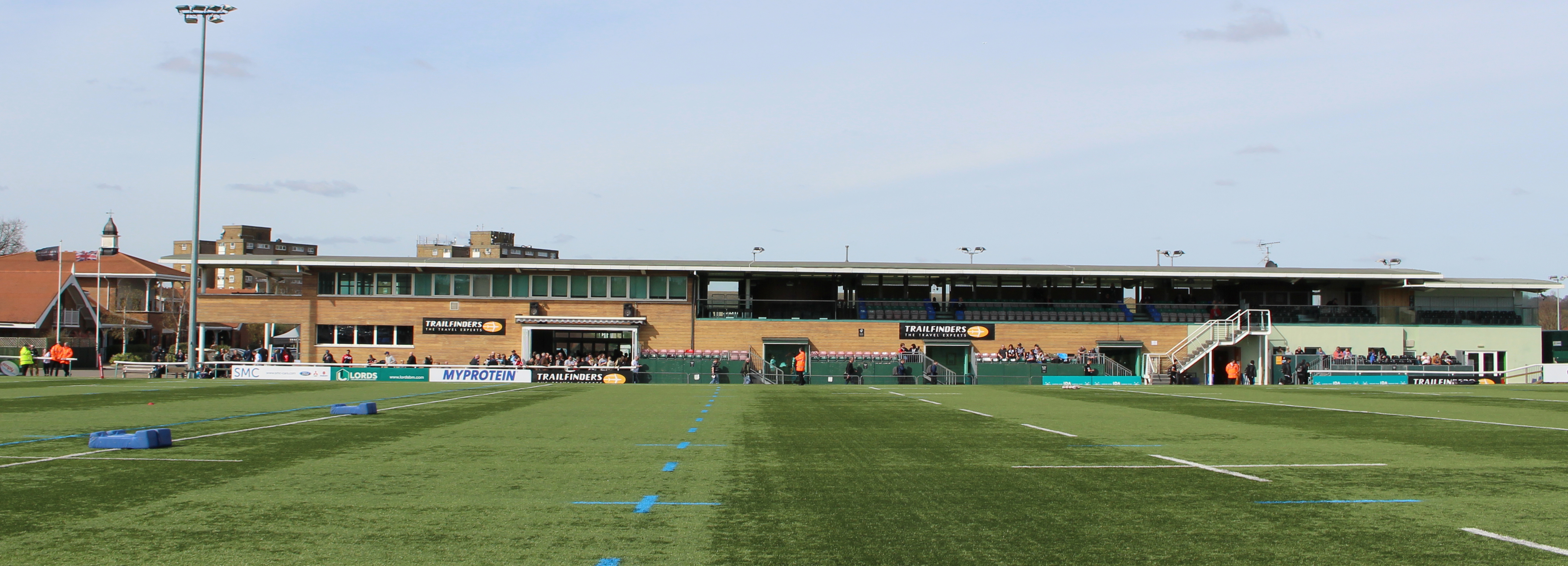
Despite Ealing Trailfinders’ convincing 60-10 victory over Richmond securing them their first Championship title in club history, the side will remain in the second tier following the RFU’s ruling that the club failed to meet minimum capacity standards for the Gallagher Premiership.
The decision has earned it’s fair share of critics, labelling it ‘unfair’ when considering the stellar performances the side has produced throughout the season.
Ealing alongside rivals Doncaster Knights, who were also denied the opportunity to be promoted, were set for one of the tightest title races in English rugby history, but without the prospect of moving up the ladder the chase was rendered ultimately meaningless, with minimal reward for winning.
Both sides have been stalwarts of the second tier, with years of investment and player development being made in the hopes of fulfilling dreams of one day lifting that Championship trophy and claiming a well-deserved spot under the bright lights of the Gallagher Premiership.
But with this opportunity being nothing short of robbed from Ealing, it’s hard not to question what exactly rugby in England is all about – merit or money?
The sticking point of ‘minimum standards criteria’ that the teams failed to meet was stadium capacity, with requirements of grounds accommodating at least 10,001 fans, along with the appropriate health and safety measures that a venue of that size would require.
What aptly puts the figure into perspective is that the minimum for the vastly more commercially successful Premier League football is 5,000, which both sides meet.
Premiership Rugby has ambitions to revamp the league to more of an NFL ‘franchise’ type model, and while there is a drive in the RFU to increase the competition pool to 14 teams, teams that are not considered to live up to the standard will simply be frozen out – which is exactly what has happened to Ealing.
The idea that teams should be allowed to develop while playing in the top tier seems to be the antithesis of the initiative – leaving the bulk of Championship teams in serious need of improvement, as the gap in quality is unfortunately noticable.
With the prospect of ascending null and void due to the flimsy regulations, it’s hard not to view the decision through a pessimistic lens, with the damning reality of the RFU’s financial agenda clearly in view.
Perhaps the best indicator of the hypocrisy of the ruling is Saracens promotion just last year, with the North London side’s StoneX Stadium only accommodating 8,500 at full capacity yet still returning to the Premiership with no questions asked.
The key difference would be that Saracens has a plethora of internationals on their books, and were only playing in the second tier due to a salary cap violation; it was undeniable that a Premiership return would be considered what was monetarily and competitively ‘best’ for rugby.
While rugby undeniably has some ground to make up in terms of spectatorship and fanfare, it is undeniable that this recent move characterises the regulatory bodies as entitled and elitist – with the decision causing uproar as fans struggle to hold on to faith in the RFU.


